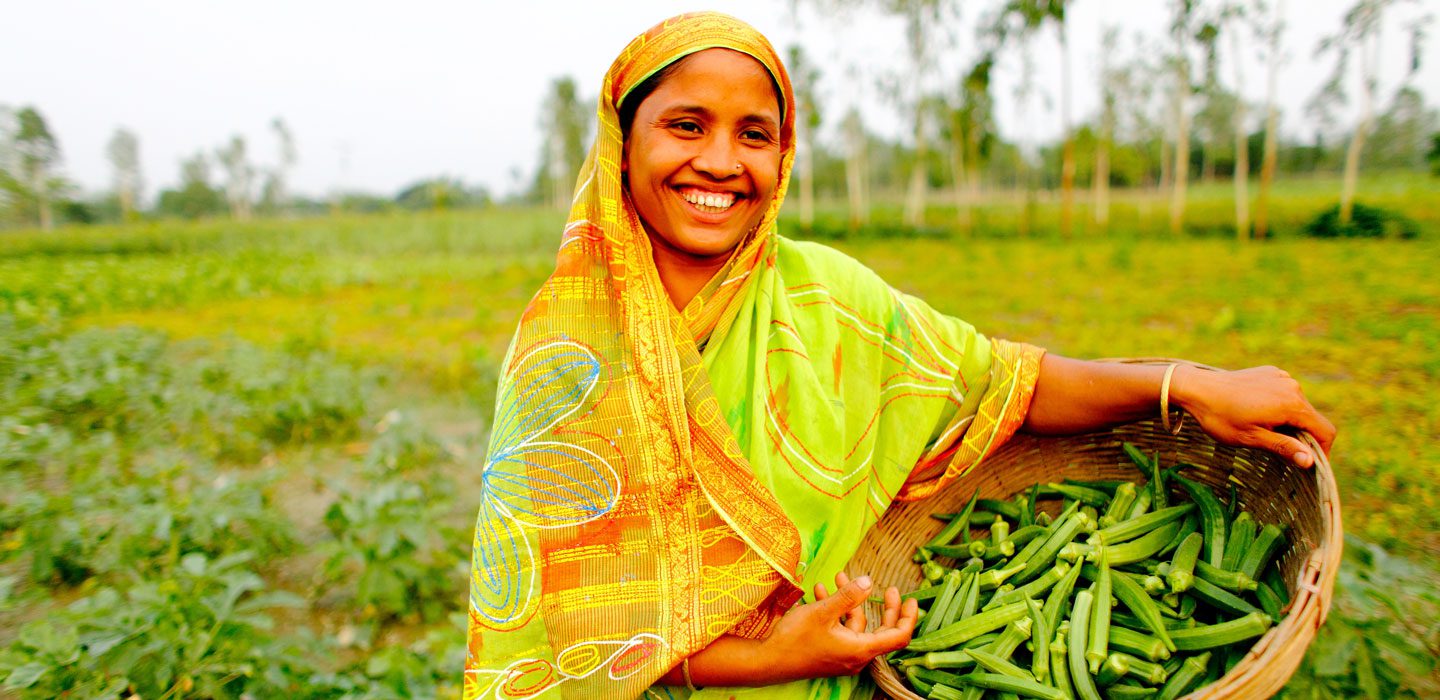Agri banks, or agricultural banks, play an important role in sustainable food systems by providing financing and other financial services to farmers and other actors in the food system. In this article, we will discuss the role of agri banks in sustainable food systems and their potential to promote more sustainable and equitable agricultural practices.
We will also explore the challenges facing agri banks in promoting sustainability and some potential solutions to these challenges. Finally, we will highlight some examples of successful agri bank initiatives that have had a positive impact on local food systems.
Financing for Agricultural Development
Financing is crucial for agricultural development, as it allows farmers and other actors in the food system to invest in their operations, improve productivity, and adopt more sustainable practices. Agri banks play a vital role in providing this financing, offering a range of financial instruments to support agricultural development.
One of the most important financial instruments offered by agri banks is loans. These loans may be used for a variety of purposes, such as purchasing new equipment, expanding operations, or investing in more sustainable farming practices.
Read Also: Proper Ways for Recycling Plastic and Cans
Agri banks also offer insurance products to protect farmers against risks such as crop failure, livestock disease, or weather-related events. Additionally, agri banks may provide credit facilities, such as lines of credit or revolving credit, which can be used to finance ongoing operations or investments in sustainability.
By offering these financial instruments, agri banks help to support sustainable agricultural practices and promote more equitable economic development in rural areas. However, there are also challenges to providing financing in the agricultural sector, including the difficulty of assessing risk in agricultural lending and the need for flexible repayment structures to accommodate the cyclical nature of agricultural income.
Despite these challenges, agri banks remain a critical source of financing for sustainable agricultural development. In the next section, we will explore some of the ways that agri banks are working to address these challenges and promote sustainability in the agricultural sector.
Supporting Small-Scale Farmers
Small-scale farmers often face significant challenges in accessing finance, including limited collateral, low credit scores, and a lack of financial literacy. These challenges can make it difficult for small-scale farmers to invest in their operations, adopt more sustainable practices, and compete in the marketplace.
Agri banks can play an important role in addressing these challenges by providing small-scale farmers with access to finance. This may include offering loans with flexible repayment structures, providing technical assistance and financial education, and developing products and services tailored to the specific needs of small-scale farmers.
By supporting small-scale farmers, agri banks can also promote more sustainable agricultural practices and help to reduce poverty in rural areas. Small-scale farmers are often more likely to use sustainable farming methods, such as agroforestry and intercropping, that can improve soil health, reduce water usage, and enhance biodiversity.
Read Also: How Infant Sunglasses Can Prevent Eye Damage and Keep Your Baby Comfortable
In addition, by increasing the productivity and profitability of small-scale farming operations, agri banks can help to promote economic development in rural areas and reduce dependence on urban migration.
Financial inclusion is also a key factor in promoting sustainable agriculture and reducing poverty. By providing access to finance to underserved communities, including women and marginalized groups, agri banks can help to promote more inclusive economic development and reduce inequality.
Overall, supporting small-scale farmers through access to finance is a critical component of promoting sustainable agriculture and reducing poverty in rural areas. Agri banks can play a key role in this process by developing innovative financial products and services that meet the needs of small-scale farmers and by working to improve financial inclusion in the agricultural sector.
Investing in Sustainable Agriculture
Agri banks have a significant role to play in promoting sustainable agriculture practices, such as organic farming and agroforestry. By providing finance and technical assistance to farmers who are adopting sustainable practices, agri banks can help to reduce the environmental impact of agriculture while promoting economic development in rural areas.
One of the key benefits of sustainable agriculture is improved soil health. Organic farming, for example, uses practices such as crop rotation and the use of natural fertilizers to build healthy soils that are more resilient to pests and diseases. By improving soil health, sustainable agriculture can also help to reduce erosion, enhance biodiversity, and improve water quality.
Sustainable agriculture practices can also help to reduce greenhouse gas emissions and mitigate the impacts of climate change. Agroforestry, for example, involves the integration of trees into farming systems, which can help to sequester carbon, reduce soil erosion, and provide shade for crops.
By adopting sustainable practices, farmers can also reduce the use of fossil fuels, such as synthetic fertilizers and pesticides, which contribute to greenhouse gas emissions.
In addition to the environmental benefits, sustainable agriculture can also provide economic benefits to farmers and rural communities. By reducing input costs and improving crop yields, sustainable agriculture can increase profitability and provide a more stable income for farmers. In addition, sustainable agriculture practices can also enhance food security by promoting crop diversity and reducing reliance on expensive external inputs.
Agri banks can support sustainable agriculture by offering finance and technical assistance to farmers who are adopting sustainable practices. This may include providing loans for the purchase of equipment or inputs needed for sustainable farming, such as organic fertilizers or agroforestry seedlings. Agri banks can also provide technical assistance and training to help farmers adopt more sustainable practices and improve their productivity and profitability.
Overall, investing in sustainable agriculture is critical for reducing the environmental impact of agriculture, promoting economic development in rural areas, and building resilience to climate change. Agri banks have an important role to play in supporting sustainable agriculture by providing finance and technical assistance to farmers who are adopting sustainable practices.
Read Also: Why Proper Infant Footwears are Essential for Your Baby’s Development
